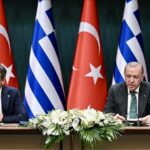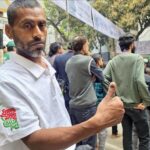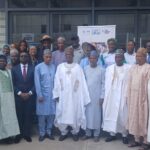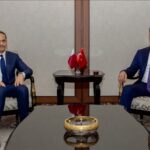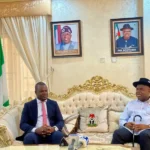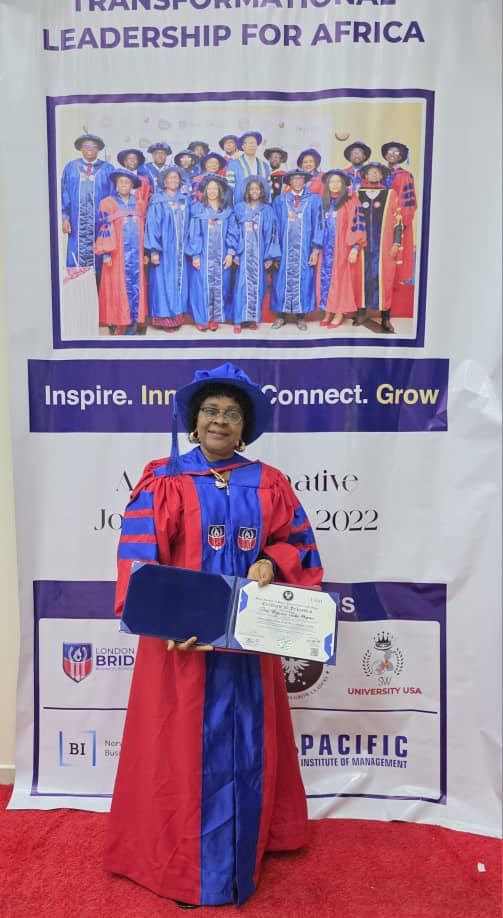By Magdalene Ukuedojor
Prof. Eugenia Akpa, an expert in Gender Studies and advocate of mental health, says beyond the wellbeing of women and children, men’s mental health needs to be prioritised in conflict situations.
Akpa said this in an interview with the News Agency of Nigeria (NAN) in Abuja.
She explained that men face the trauma of conflict being at the forefront to protect their communities and families, die in most instances, while those left behind are left with bruised egos and pride.
“When there are conflicts, oftentimes men probably are immediate direct victims probably in the sense that the men die off and are off the stage.
“But women do not directly go to war, but they feel the impact of the war, because they are left behind to deal with whatever comes.
“Men are not expected to be in camps, they’re expected to be at the battlefront to ruffle it out, but here are a few men, either they are elderly, physically challenged or even full-fledged men that survived or didn’t fight directly.
“Now they are in the camp with women and children. The stigma of even not having self-control over your family alone is enough stress, enough trauma for the man,” she said.
Akpa explained that men in camps, either due to conflicts or disasters, feel defeated and helpless, having lost most times everything and now being at the mercy of others through aid or other interventions.
“In conflict resolution, resettlement, women and children are no doubt vulnerable but men’s mental health in certain contexts is more challenging.
“In contexts such as resettlement camps, IDP camps or refugee camps, this kind of mental health challenge can be very overwhelming.
“Even in the camp, you cannot boldly come out and say, I am an encamped man. It’s easier for a woman to register as an encamped woman, because it’s expected.
“When you are a man in the camp, you cannot bring yourself to bear with the fact that you can no longer be the provider, the commander-in-chief in your family.
“Here you are hiding away, bringing yourself to be subjected to other men. You know, that feeling alone can be traumatising for normal men, so they withdraw.
“And some still stamp their male chauvinism, the maleness in them, with the use of dominance, violence, to still say, I am, after all, the man.
“Even though I’m in a camp, I can still be in charge. I can still subjugate women, I can still make them be controlled, placed under my control, and that’s why gender-based violence thrives in camps.”
She, therefore, advocated mental health intervention in camps, sensitisation and intense focus on men’s welfare as well as women and children.
“How do you care for such men? The first is to bring them to realise that even though they are men, they are still human beings.
“And if the camp is meant for human beings affected by conflict, disasters, they should bring themselves to that understanding.
“Yes, the circumstance that you have found yourself has reduced you to a vulnerable group. Forget that you used to be the man, the head of your family.
“You were the provider for your family, the dominant. Now, circumstances beyond your help have visited you, so that whoever comes to give care now to you, you will be very receptive.
“But if you have not brought yourself to accept your condition, it will be more difficult to heal or to even give care to such men.
“So also, the people giving help should concentrate on the men and not just the women,” she advised.
She urged host communities and the public to desist from stigmatising men in such conditions as they work their way to being fully integrated and sustainable. (NAN) (www.nannews.ng)



